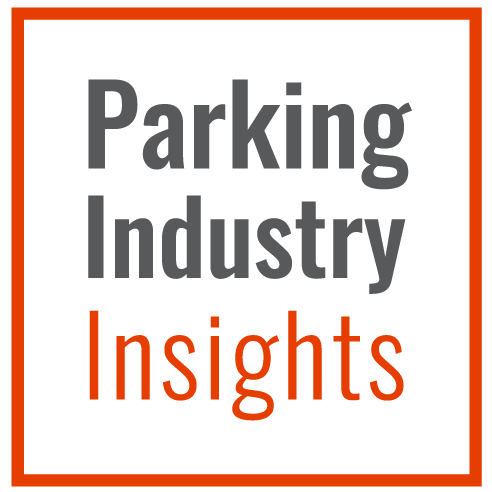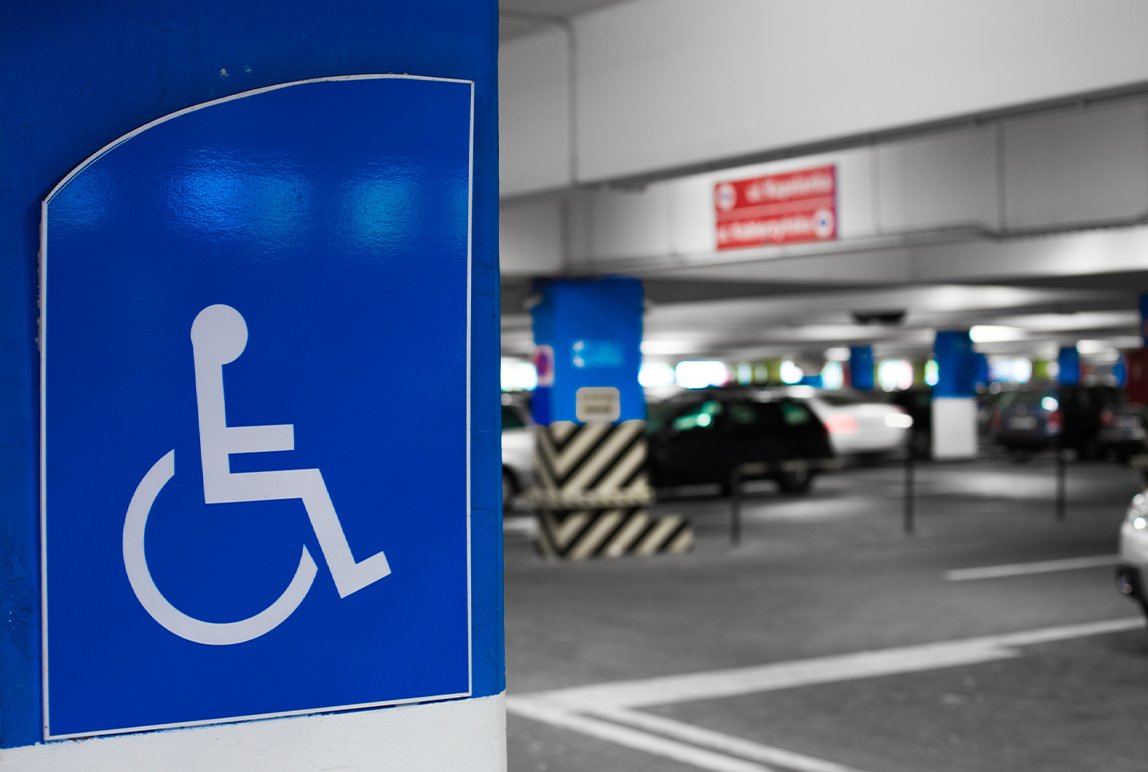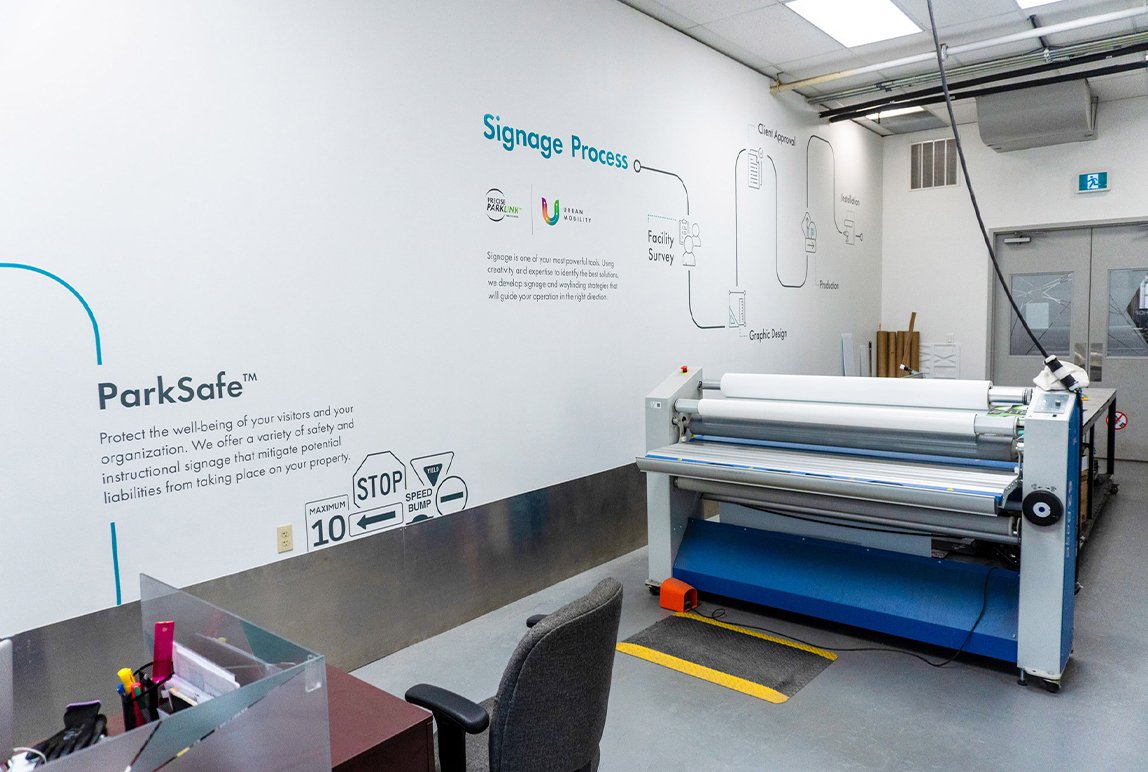Ultimate Guide: Getting Started with Parking Guidance Systems
Posted: Aug, 16, 2023 10:08AM ET • 7 min read
To most, finding parking can be the most intimidating part of any journey, but it doesn’t have to be. Smart technologies such as parking guidance systems have the capacity to elevate your parking experience, increasing overall satisfaction and enabling you to develop a returning customer base.
But believe it or not, parking guidance systems do more than just guide customers to available parking. This guide will help you:
Elevate your parking experience
Simplify the search for parking
Implement locations-based pricing
Track customer behaviours
Parking Guidance Systems Explained
Aside from offering unmatched parking guidance and wayfinding opportunities, these systems have evolved to help maximize operational efficiency, increase revenue streams, and improve enforcement capabilities.
Below are the three most common types of vehicle detection sensors for parking:
Overhead Indicator Sensors
Installed above each parking stall
Uses colour-coded LED guidance sensors
Can change to any colour to indicate parking opportunities
Can pair with digital signage and LPR technology
Communicates occupancy data
Cloud-based enforcement capabilities
In-Ground Sensors
Installed below parking stalls
Detects when stall is in use
Communicates parking occupancy to central management system
Cloud-based enforcement capabilities
Surface-Mount Sensors
Installed on the parking stall
Fixed to the road surface
Communicates parking occupancy to central management system
Can pair with digital signage
Cloud-based enforcement capabilities
The Advantages for Both You and Your Customers
Camera-based parking guidance systems create a seamless wayfinding loop that reduces congestion, increases efficiency, and enables visitors to find parking easily.
THE WELCOME EXPERIENCE
Visitors are guided to available parking stalls thanks to bright LEDs on smart-sensors above parking spaces quickly signal customers to available spaces using familiar green-or-red colour coding.
THE MANAGEMENT EXPERIENCE
On a business level, parking guidance systems with camera technology can do more than just track occupancy levels:
Parking guidance systems have LPR cameras in every stall sensor
Camera’s record license plates parked in stall
Find your car function by submitting license plate into kiosk / mobile device
Improved traffic flow by 37%
Enables dynamic pricing models fueled by rich data and analytics
Smart Parking Guidance
Help customers find parking with little to no effort. With camera-based parking guidance technology— this dream becomes a reality! When paired with digital signage and LED sensors above each parking stall, your customers will be able to enjoy an elevated parking experience from start to finish.
Digital Signage
At the street entrance and key driver decision points, digital signage clearly indicates the number of available spaces on each level of the parking garage allowing customers to make informed parking decisions.
LED Smart Sensors
Bright LEDs on the sensors above the parking stalls quickly guide customers to open spaces using familiar green or red colour coding. Custom colours can also be used for special designations such as blue for accessible stalls or purple for premium stalls.
Find My Car Integration
Picture this; you just finished a long workday and are ready to head home. You arrive at the parking garage where you parked your car for the day. You forgot to make note of what level you parked on, so you spend another 30 minutes scouring the garage to find your vehicle. For most, this situation sounds all too familiar.
Luckily, integrations with vehicle locator software allows your customers to remember where they parked in a matter of minutes. Ideal for large parking facilities, smart camera-based sensors are paired with license plate recognition software that can be integrated with vehicle locator software.
Here’s how it works:
Input vehicle license plate number
Backend software searches for vehicle using LPR
Parked vehicle pinpointed on digital map
Location-Based Pricing
A dynamic pricing model ensures you set rates based on supply and demand— the key to increasing your operational efficiency and profitability. And thanks to vehicle sensor technology, it is easier to implement now more than ever.
When paired with a central management platform, you can collect, track and monitor real-time parking occupancy, allowing you to set rates dependent upon occupancy targets. This data allows you to make informed pricing decisions based on:
Customer behaviour and trends
Period-over-period comparisons
Parking revenue fluctuations
Peak occupancy times and days
Most heavily utilized locations
Real-Time Data and Analytics
Parking guidance systems give you the ability to accurately manage pricing, marketing and patrolling schedules. How? All it takes is a simple integration to a central management system, giving you direct access to various data sets.
Peak Days & Times
Assess usage patterns to manage pricing strategies, allocate staff efficiently and improve space utilization.
Popular Parking Areas
Intuitive heatmaps show the most heavily utilized parking zones, stalls and levels.
Frequency of Visits
Track how often customers visit your facility to determine the need for reserved parking spaces.
Length of Stays
Record customer behaviour from the moment they enter the facility to when they leave.
Once you gather this data, it’s essential to identify, monitor and measure key performance indicators (KPI) to help you understand your parking occupancy and how effectively you are achieving your business objectives.
Looking to Get Started? Your Next Steps
Implementing new technologies, like parking guidance systems, into your parking infrastructure can be an intimidating feat if not done correctly. That is why it is important to partner with a parking operator that can do all the heavy lifting so you don’t have to!
Share Article:
ABOUT THE AUTHOR
Ashley Jordison
Operations Manager
As operations manager at Precise ParkLink, Ashley oversees the operations at several prominent sites in the Vancouver area, managing thousands of transient and permitted stalls in a variety of verticals, including property management, hospitality, and government agencies. What has defined Ashley throughout her career has been her commitment to hard work and her willingness to push through challenges to overcome obstacles.
Questions?
Fill out the form below and we will do our best to connect you with a suitable contact.













